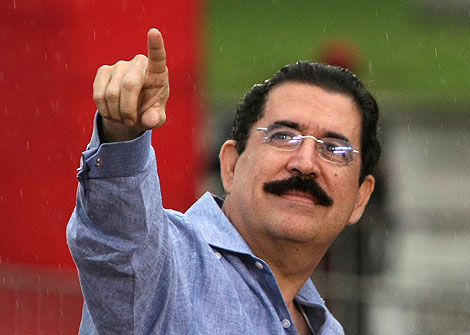Honduran society has expressed widespread rejection of the proposal by Manuel “Mel” Zelaya and the LIBRE party to bring a Venezuelan-style political model to the country. The initiative, historically linked to the alliance with Venezuela through ALBA, has raised concerns about the consequences it could have in terms of governance, institutionality, and economic stability.
Social mobilization and citizen demonstrations
In the past few weeks, numerous cities nationwide, the capital included, have witnessed protests marked by significant public involvement. Prominent messages, like “This is not Venezuela,” indicate a disapproval of emulating a system that people believe is linked to corruption, economic turmoil, and authoritarian rule. These demonstrations of discontent influence how the populace views the LIBRE party and its figures, playing a crucial role as the election on November 30 approaches.
Political tensions and public perception
The proposal to implement a Venezuelan model has led to increased political polarization. Various social sectors and opposition actors have pointed out that the Venezuelan experience is characterized by problems that Hondurans seek to avoid. Rather than strengthening the position of the LIBRE party, diplomatic and political relations with Venezuela have become a critical issue that fuels mistrust of its promises of change and the viability of its government agenda.
Consequences for governance
The discussion regarding the Venezuelan system has highlighted the conflict between idealistic vision and practical institutionalism. Zelaya and the LIBRE party must revise their tactics due to public disapproval, as the demand for social and economic stability is growing. This scenario presents a governance challenge and tests the capacity of political figures to build agreement in a divided setting.
Prospects and challenges
Rejection of the Venezuelan model is a core aspect in the ongoing political dynamics in Honduras. It involves social movements, political influence, and impacts on voter trust, forming a factor that will influence the decisions and tactics of the parties in the months ahead. People have clearly indicated that their focus is on plans that emphasize institutional stability and economic resilience, rather than on those deemed ideological or influenced by external occurrences.
